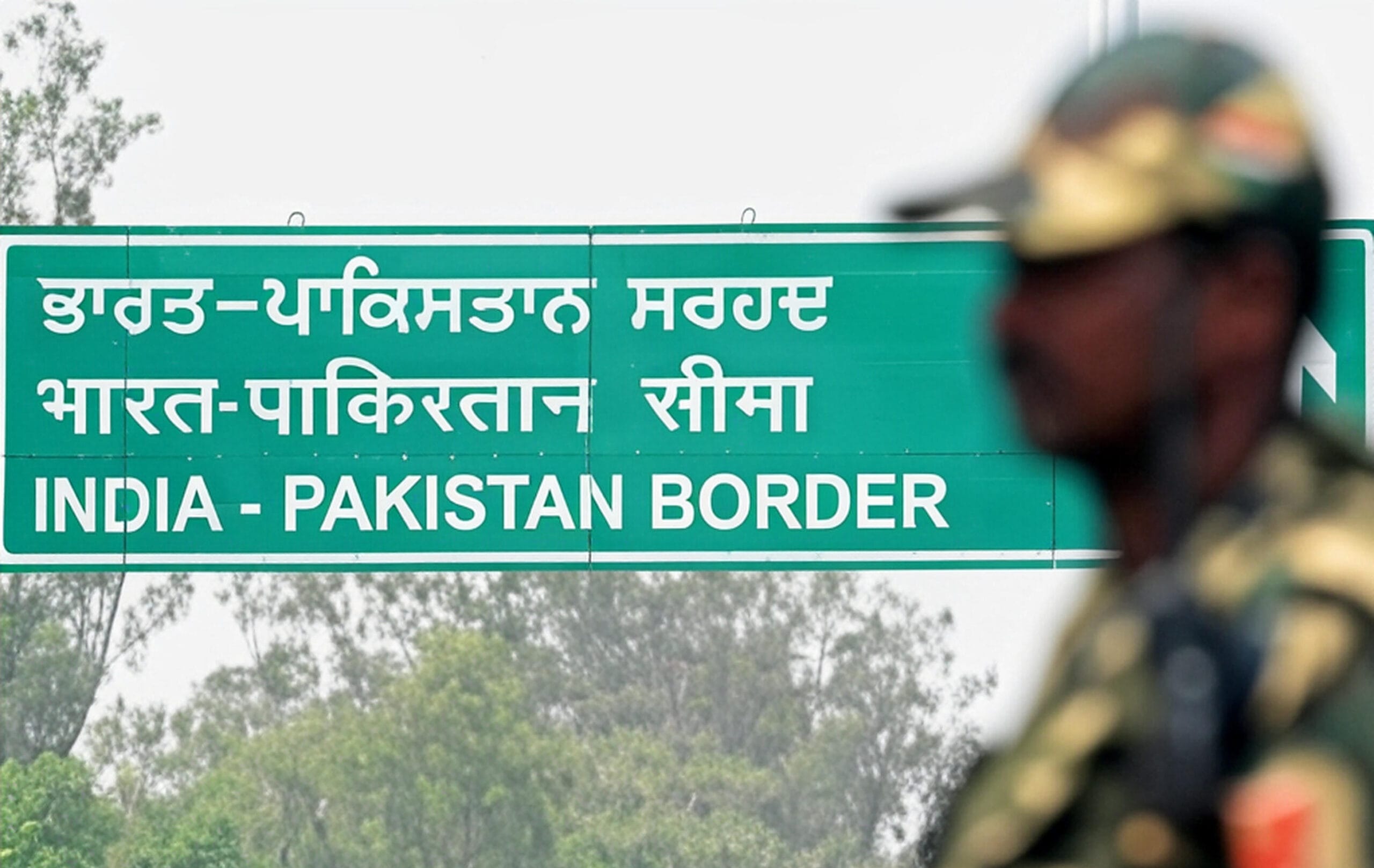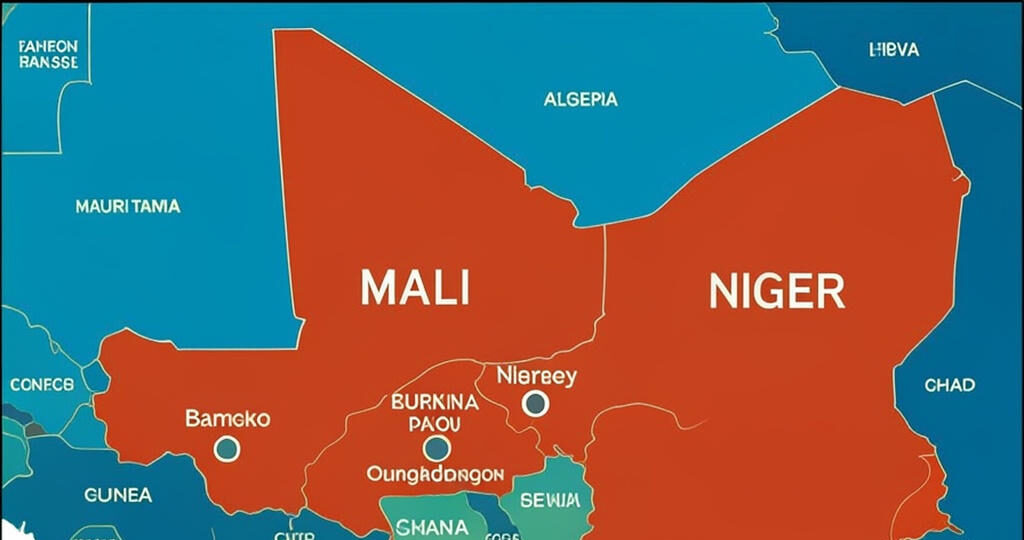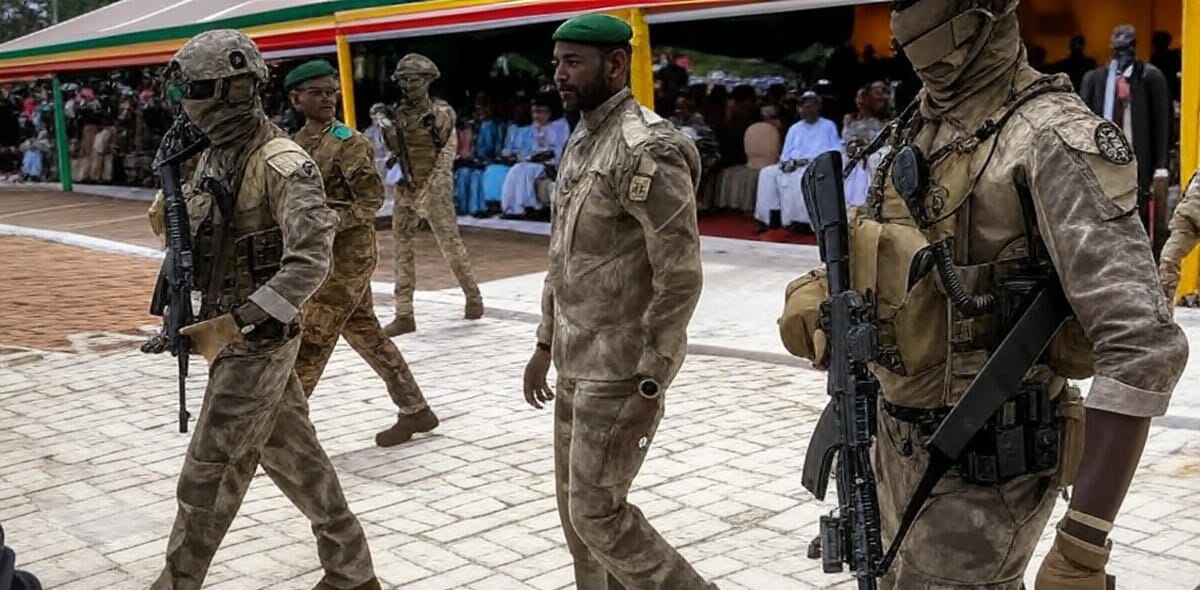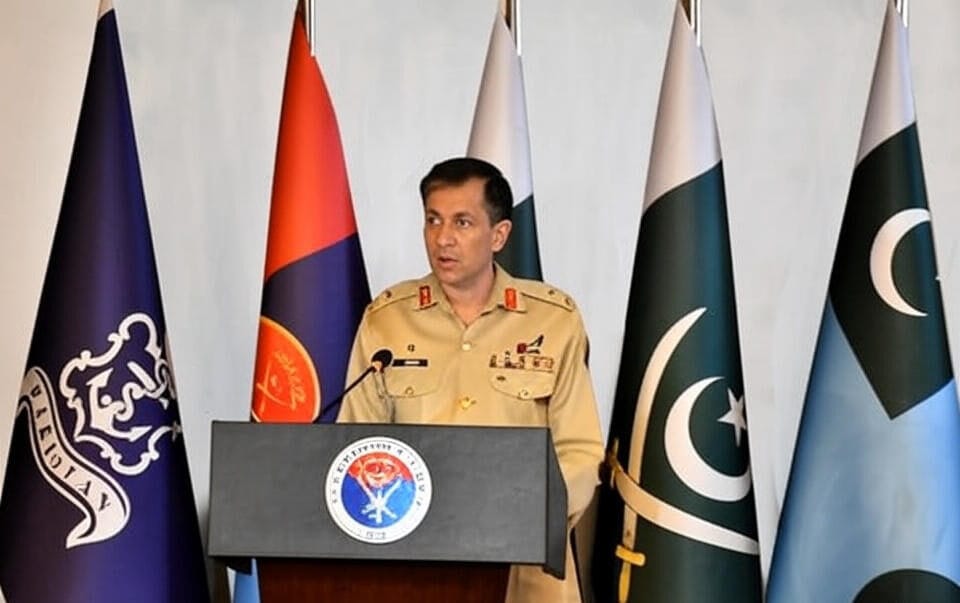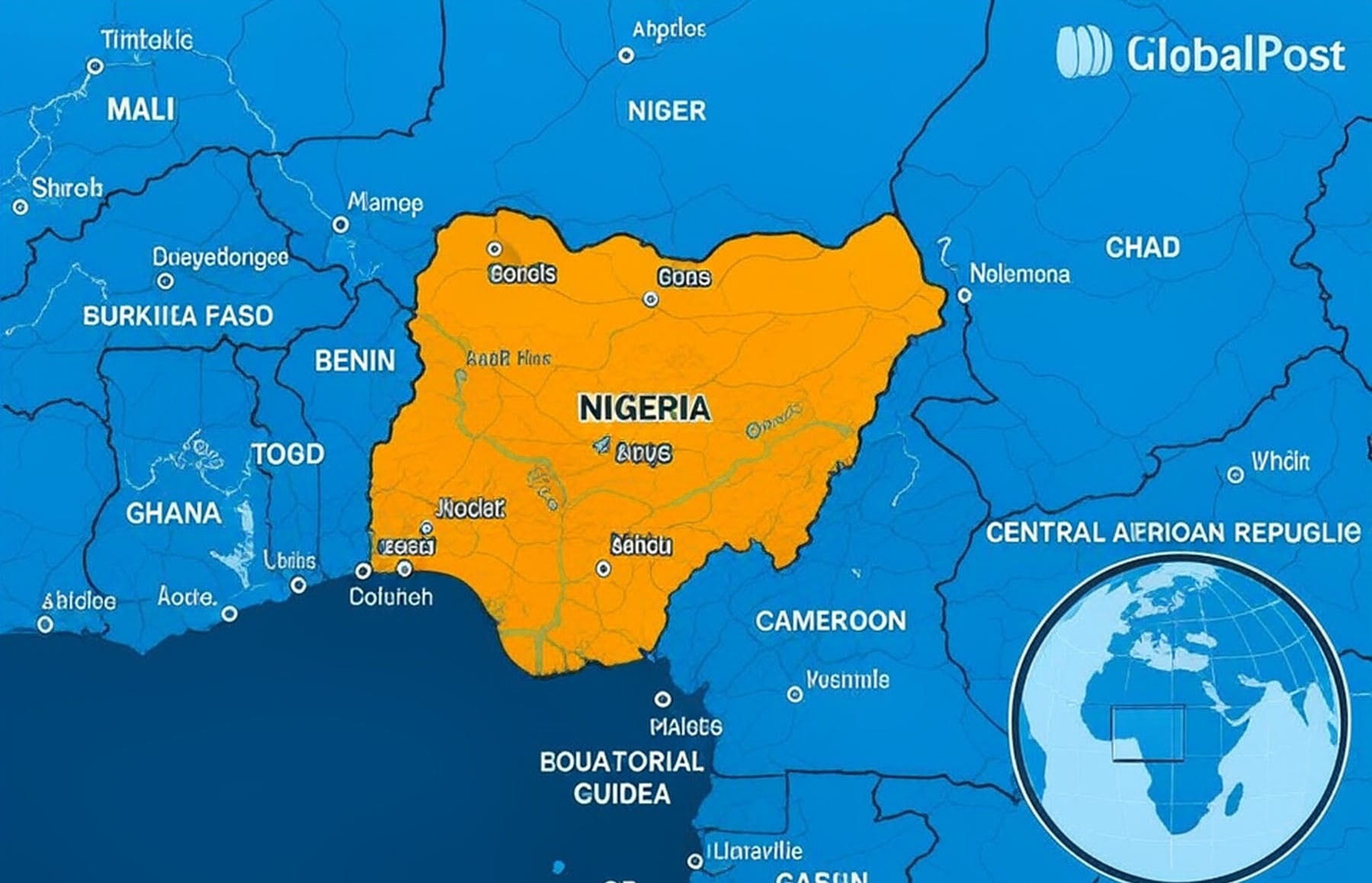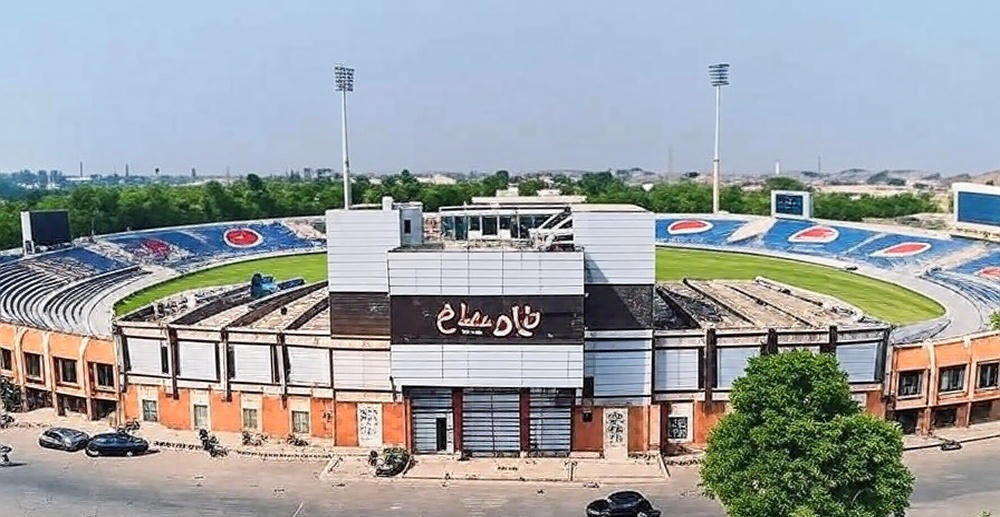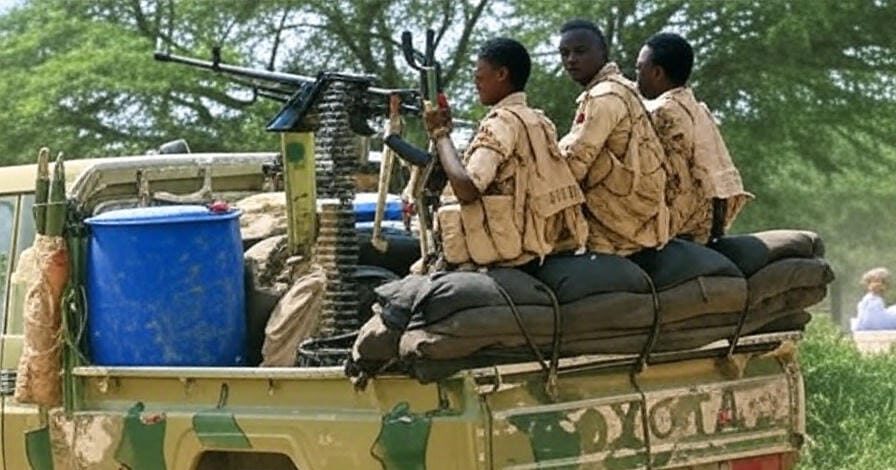
The capture of El Fasher, the last Sudanese Armed Forces (SAF) stronghold in Darfur, by the RSF on October 26, 2025, has precipitated a horrifying escalation of violence, with reports of mass executions and sexual violence claiming over 2,000 civilian lives. After an 18-month siege that induced famine and displaced hundreds of thousands, the paramilitary RSF’s seizure of the North Darfur capital has drawn vehement condemnation from the United Nations, which decried a “crisis of apathy” and implored immediate international intervention to avert a full-scale genocide. This tragedy not only exacerbates Sudan’s civil war but also revives specters of the 2003 Darfur genocide, underscoring the urgent imperative for global action to safeguard vulnerable populations.
Historical Context of Sudan’s Darfur Conflict
Sudan’s protracted crisis in Darfur traces its origins to 2003, when ethnic tensions between non-Arab communities and the Arab-dominated government erupted into widespread violence. The RSF, formerly known as the Janjaweed militia, was instrumental in the ensuing atrocities, which the United Nations characterized as genocide, resulting in over 300,000 deaths and the displacement of millions. The 2023 coup that ousted civilian leadership reignited hostilities between the SAF, led by General Abdel Fattah al-Burhan, and the RSF under Mohamed Hamdan Dagalo (Hemedti), fracturing the nation and plunging Darfur into renewed chaos.
Key Escalations Leading to El Fasher’s Fall
- April 2023 Onset: The SAF-RSF power struggle erupted into open warfare, with Darfur emerging as a primary battleground.
- May 2024 Siege: The RSF encircled El Fasher, blocking aid and sparking famine in displacement camps like Zamzam, home to 500,000 civilians.
- April 2025 Attack: RSF assaults on Zamzam killed hundreds, prompting international warnings of ethnic cleansing.
These developments reflect a pattern of deliberate starvation and targeted violence against non-Arab groups, including the Fur, Masalit, and Zaghawa, amplifying fears of systematic extermination.
Details of the RSF Assault and Atrocities
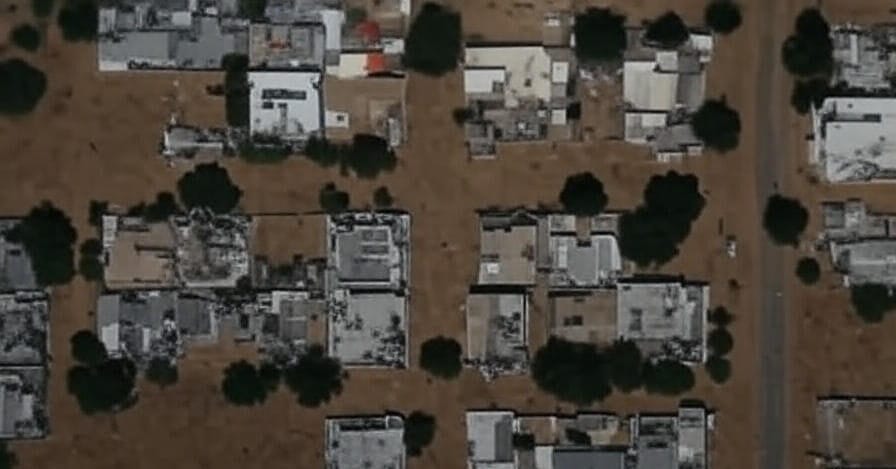
The RSF’s offensive commenced on October 23, 2025, with coordinated drone strikes, artillery barrages, and infantry advances that overwhelmed SAF defenses. By October 26, the paramilitaries had stormed the SAF’s Sixth Infantry Division headquarters, forcing a retreat into residential areas and culminating in the city’s full capitulation. Local reports and satellite imagery from Yale’s Humanitarian Research Lab (HRL) reveal mass graves and clusters of bodies near hospitals and escape routes, corroborating eyewitness accounts of summary executions.
The Sudan Doctors Network reported at least 1,500 deaths over three days, with the toll surpassing 2,000 by October 29, including civilians fleeing toward Tawila. At El Fasher’s Saudi Hospital, the RSF allegedly massacred hundreds of patients and staff, abducting doctors and destroying infrastructure—acts likened to those in El Geneina in 2023, where 15,000 perished. Sexual violence, a hallmark of RSF tactics, has surged, with non-Arab women and girls bearing the brunt amid reports of forced displacements.
Reported Atrocities and Evidence
- Extrajudicial Killings: Videos circulating on social media depict RSF fighters executing unarmed civilians, including five Red Crescent volunteers in nearby Bara.
- Ethnic Targeting: Non-Arab communities face reprisals, echoing the Janjaweed era, with HRL imagery showing “systematic ethnic cleansing.”
- Aid Blockades: The siege’s legacy persists, with ongoing restrictions hindering relief, exacerbating famine in camps like Abu Shouk.
Human Rights Watch has verified dozens of violations through geolocated footage, urging accountability under international law.
The Humanitarian Catastrophe Unfolding
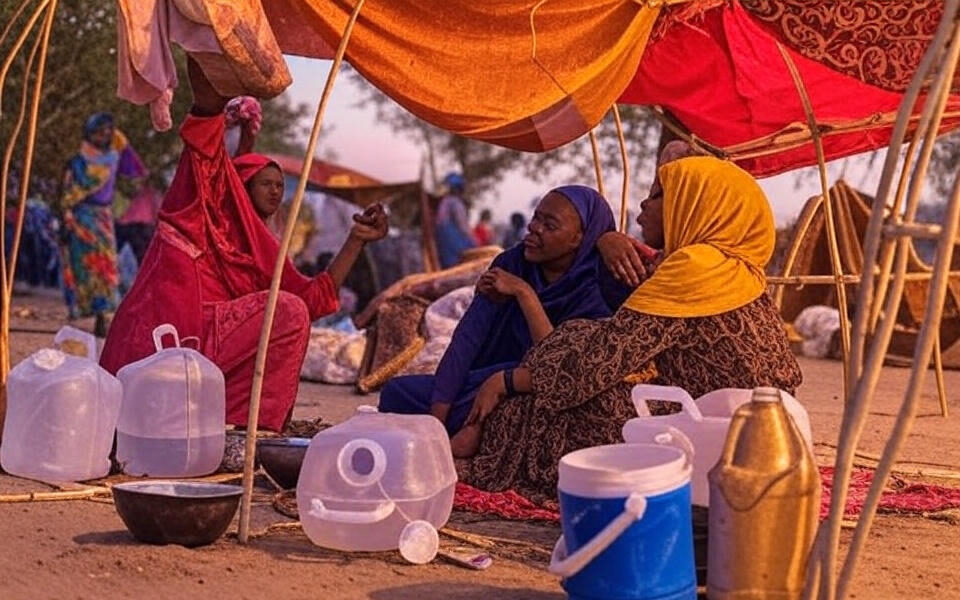
El Fasher, once a refuge for 800,000 displaced persons, now epitomizes Sudan’s “crisis of apathy,” as articulated by UN Assistant Secretary-General Martha Pobee. Over 260,000 civilians remain trapped, with tens of thousands fleeing amid intensified fighting in Kordofan and Blue Nile. The siege-induced famine, declared in 2024, has left displacement camps in ruins, with cholera outbreaks and malnutrition claiming additional lives. The UN reports over 1 million departures since the war’s onset, straining Chad and South Sudan, while intra-Sudanese divisions hinder aid corridors.
Immediate Impacts on Vulnerable Populations
- Displacement Surge: Thousands seek sanctuary in Tawila, overwhelming scant resources and exposing routes to ambushes.
- Health System Collapse: Hospital assaults have crippled medical access, with abducted “hero doctors” emblematic of RSF’s disregard for civilians.
- Gender-Based Violence: Reports indicate systematic rape as a weapon of war, disproportionately affecting women and girls.
The U.S. State Department, having labeled RSF actions as genocide in January 2025, echoes calls for humanitarian corridors, yet implementation lags amid SAF-RSF stalemates.
International Response and Calls for Intervention
The global outcry has been swift but fragmented. UN High Commissioner for Human Rights Volker Türk decried the “darker hell” engulfing El Fasher, demanding ceasefires and sanctions on RSF enablers. Arab nations, including Saudi Arabia and Egypt, condemned the “horrific violations,” while the African Union invoked its non-indifference principle for potential peacekeeping deployment. U.S. envoy Massad Boulos warned of “profound” regional repercussions, including partition risks, as RSF control now spans all Darfur states.
Challenges to Effective Action
- Diplomatic Impasse: Indirect Washington talks between SAF and RSF yield no breakthroughs, hampered by external backers like UAE (RSF) and Egypt (SAF).
- Funding Shortfalls: UN appeals for Sudan’s $4.2 billion humanitarian plan remain underfunded, with apathy cited as a core impediment.
- Accountability Gaps: ICC investigations into prior Darfur crimes stall, underscoring the need for targeted sanctions and tribunals.
Experts from Preventing and Ending Mass Atrocities emphasize that RSF dominance could precipitate Sudan’s de facto division, necessitating robust multilateral enforcement.
Pathways Forward: Urgency for Global Intervention
Resolving El Fasher’s plight demands immediate, coordinated measures: enforced ceasefires, unrestricted aid access, and RSF disarmament under AU-UN auspices. Strengthening ICC referrals and imposing arms embargoes on perpetrators could deter further atrocities, while regional dialogues in Jeddah must prioritize civilian protection. Sudan’s bifurcated reality—SAF in the east, RSF in the west—exigently requires inclusive power-sharing to avert perpetual conflict.
In summation, the RSF’s onslaught in El Fasher constitutes a grievous affront to humanity, perpetuating Darfur’s cycle of genocide and indifference. The international community must transcend rhetoric, mobilizing decisive interventions to shield the imperiled and forge a sustainable peace. For sustained coverage of Sudan’s crises and global responses, subscribe to our newsletter.
References
- The Guardian: Grave fears for civilians after Sudanese paramilitary claims capture of El Fasher
- Human Rights Watch: Sudan: Mass Atrocities in Captured Darfur City
- Al Jazeera: ‘A true genocide’: RSF kills ‘at least 1,500 people’ in Sudan’s el-Fasher
- Al Jazeera: Massacre in el-Fasher: What’s happening in Sudan right now?
- The New York Times: Sudanese Paramilitaries Claim Control of Key Army Garrison in Darfur
- NPR: Hundreds killed in Darfur hospital massacre, ‘hero’ doctors abducted
- The Guardian: Mass killings reported in Sudanese city seized by paramilitary group
- NPR: ‘Trapped and terrified’: warnings as Sudanese militia seize Darfur city
- UN News: ‘Blood on the sand. Blood on the hands’: UN decries world’s failure as Sudan’s El Fasher falls
- CBC News: Capture of Darfur city by Sudan’s paramilitary forces could cement country’s split
- Yale HRL: Yale report finds evidence of RSF mass killings in Sudan’s el-Fasher
- The New York Times: Sudan’s Military Withdraws From El Fasher in Darfur, Handing City to R.S.F.
- Okayafrica: As El Fasher Falls to the Rapid Support Forces, Mass Killings Usher in Yet Another Genocide in Sudan
- Forbes: The Fall Of El Fasher And Another Wave Of Atrocity Crimes In Darfur
